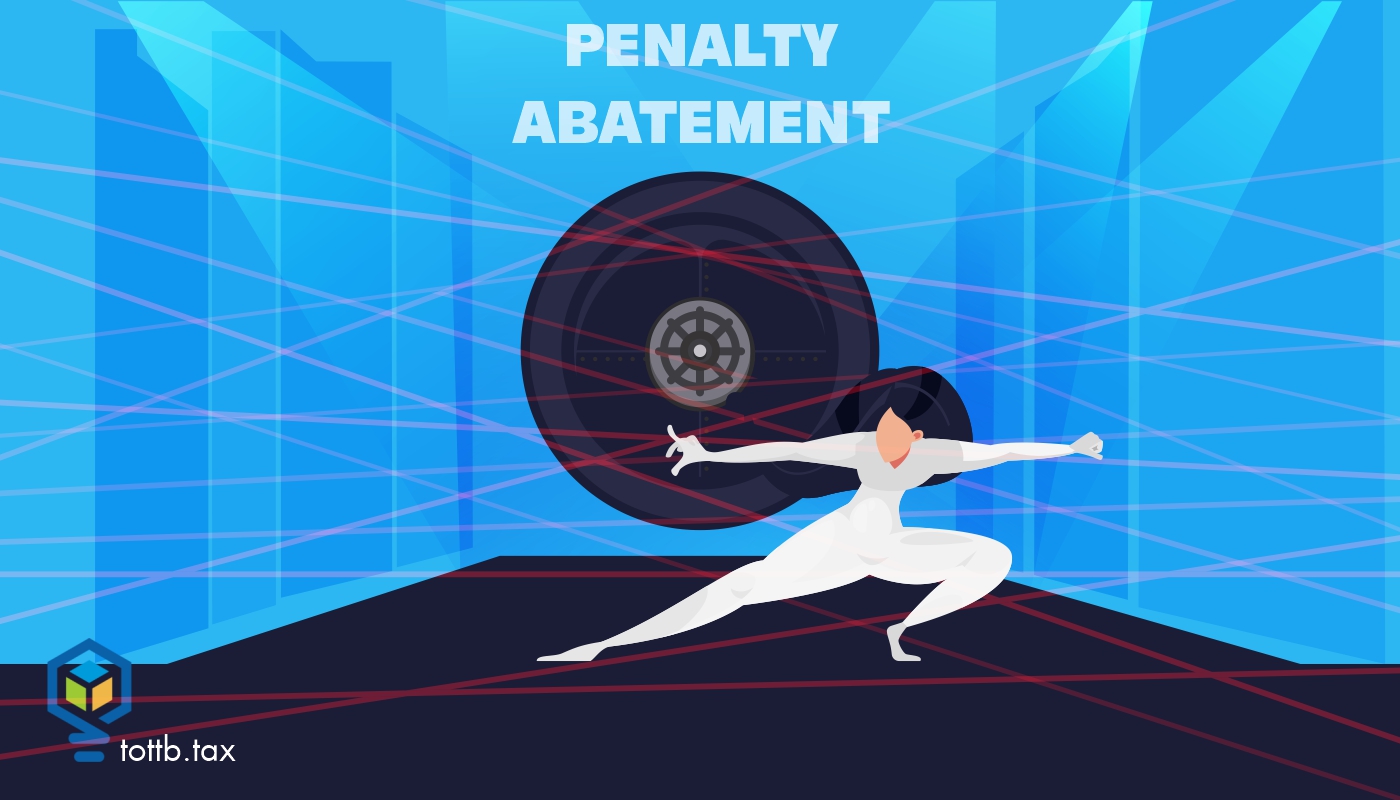
At Around the Tax World, you can find out all about what’s going on in the wonderful, worldwide world of tax. Every month, we’ll feature a few mini-articles on what’s been going on in the world when it comes to tax, and fully available for viewing even if you don’t have a subscription.
If you wish to subscribe and gain access to all articles on the site, be sure to check out the benefits of doing so here!
Check out what’s happening all around the world of tax!
In The Headlines
- Boeing and Airbus are facing a federal investigation over the possible use of fake titanium. Together, these companies are the two largest commercial aircraft makers. The Federal Aviation Administration is looking into claims submitted by Spirit Aerosystems who found titanium in their supply chain that came with falsified authenticity documents. The claim said that Boeing and Airbus may have used these questionable materials, although Boeing released a statement that potentially any affected parts have already been removed from its planes and all testing so far indicates that the correct titanium alloy was used. Boeing has already been under scrutiny since a door panel blew off one of its planes earlier this year.
- Donald Trump adds a new tax idea to his presidential platform: making tips tax-free. The former president has posited this idea several times in recent weeks, including at a Republican Senate meeting at the White House, and the potential policy could make it into Trump’s speeches in swing states with large service industries, such as Nevada, or larger numbers of working-class voters, such as Arizona and Georgia. While some Republican lawmakers applauded the idea, others expressed concern over its $250 billion price tag and the possibility of raising the national debt. Other opponents also questioned why the law should favor tip-earners over other workers in similar roles.
- Perplexity AI goes head-to-head with Forbes Magazine over a near-identical news story. The startup is seeking to compete with tech giants like Google with its AI-powered search chatbot. The company recently found itself under scrutiny from major news outlets, such as Forbes and the Associated Press, for publishing content that may have been problematic. Forbes claims Perplexity lifted content from one of its investigative stories without giving proper credit. The Associated Press accused Perplexity”s Writing feature of generating false quotes within interviews of actual people. Perplexity’s CEO refutes these accusations, saying that they primarily function as an “aggregator of information” and that if any citations were found to be inadequate, the problem was immediately corrected.
What's New In The Tax World?
Partnerships must say goodbye to a tax loophole, while the IRS says hello to $50 billion in revenue
Businesses structured as partnerships will no longer be able to shift their tax liabilities to related parties or different legal entities. Previously, many large, complex partnerships used this approach to increase their tax deductions and lower their bill. The IRS dedicated a year to studying the issue of “partnership basis shifting” before determining that this loophole had no economic purpose and so should be eliminated. IRS Commissioner Danny Werfel characterized this step as necessary to crack down on tax shelters that wealthy taxpayers may hide behind.
The IRS recently introduced three new pieces of guidance that are intended to provide taxpayers and tax examiners with clarity on what the agency will count as abusive tax maneuvers. The problem that the agency identified with partnership basis shifting is that it essentially involves one business operating through several different entities and strategically trading assets from one to another in order to generate the most possible tax deductions. Over time, businesses can change the tax basis of their assets by, say, shifting from stocks or land to equipment, which can be eligible for depreciation deductions.
The IRS received almost $80 billion in special funding through the Inflation Reduction Act that will support these tax compliance efforts. Increasing audits on complex partnerships is one of the agency’s key initiatives. Between 2010 and 2019, the use of pass-through businesses, such as partnerships, for tax filings increased by 70%, and the IRS believes that part of the reason is tax avoidance. Previously, budget cuts resulted in decreased audit rates for these businesses—down from 3.8% of all audits in 2010 to only 0.1% in 2019. This contributed to a “tax gap” of about $160 billion per year in taxes owed but not collected. Much of this missed revenue was supposed to be from the top 1% of tax filers, according to the IRS.
President Joe Biden also recently announced his administration’s tax policy plan, which would include sustained IRS funding.
State-By-State Updates
- Illinois’ new $53.1 billion state budget is expected to bring in $1.2 billion in new tax revenue. The fiscal plan also includes several tax breaks, such as an increased personal income tax exemption, elimination of the state sales tax on groceries, and a new child tax credit for lower-income families. One change is a shift in the sports wagering tax from a 15% flat rate to a graduated scale ranging from 20% to 40% depending on the sportsbook company’s revenue. This change is expected to bring in $200 million a year. The video gambling tax will also be raised from 34% to 35% to fund state construction. Illinois will also cap the amount of operating losses a business can deduct to $500,000, although these losses can be deducted over 15 years. This provision expires after three years and may bring in as much as $526 million. Other changes include a new local sales tax for remote sellers, a cap for retailer sales tax discounts, a hotel room resellers’ tax, and a leasing property sales tax.
- Kansas’ stalemate over tax cuts may finally be over. Lawmakers recently announced an agreement on a tax package after two years of minimal progress. The state has enjoyed surplus revenue in recent years, but disagreements between Governor Laura Kelly and Republican leaders delayed a decision on how to use the revenue. The new tax plan is expected to save taxpayers about $1.2 billion over three years. Notable changes include a transition from two personal income tax rates to three, a lower tax rate for those in the top income bracket, a lower property tax rate, elimination of the state tax on Social Security benefits, and an expanded income tax credit for child care expenses.
- South Dakota taxpayers are pushing back against high property taxes, prompting a new study of property tax assessments. Though South Dakotans enjoy the fourth-lowest state and local tax rate, homeowners have been advocating for lower property taxes, especially in Black Hills and the Sioux Falls area. In response, the state legislature’s Executive Board has now launched a Study Committee on Property Assessment Methodology. Currently, the state has a director of equalization for each of its 66 counties. The directors’ job is to set the property values, which then determine the taxes owed. These directors will testify at the committee’s meetings to inform possible changes, likely to be finalized in 2025. South Dakota’s property tax funds local governments and public school districts.
- Vermont’s legislature overrode the governor’s veto on a property tax increase. Governor Phil Scott recently attempted to veto the annual property tax legislation that would increase property taxes by an average of 13.8%. Lawmakers are offsetting this hefty tax increase with $70 million in state funds and taxes on remotely-accessed software and short term rentals. Property tax revenue goes toward public school budgets, which spiked a whopping $180 million last year due to higher costs for health care, student mental health support, infrastructure problems as inflation continues. Governor Scott had proposed an alternative bill that would have offered $124 million in tax relief by leveraging surplus state revenue, eliminating the universal school meals program, and using the education fund reserve to cover the $47 million school budget. However, the majority of legislators deemed the original bill more fiscally responsible.
Tax Planning Tips
Struggling with skyrocketing property taxes? These states have seen a decrease over the past decade. States can differ in how they levy property taxes. One thing all states have in common is property taxes are based on property value. Most charge taxpayers more the longer they reside in one home. Property taxes in the U.S. range from 2.23% in New Jersey (the highest) to 0.32% in Hawaii (the lowest). In 2023, the average homeowner in New Jersey paid $9,800 in property taxes.
Although about two-thirds of states maintained or raised their property taxes over the past year, seventeen states reduced their property tax rates between 2014 and 2024. The largest decrease occurred in Wisconsin, which dropped from 1.74% to 1.61%, which is still in the top ten highest tax rates in the U.S. Nevada had the second highest drop, coming down from 0.71% to 0.59%, securing the state a ranking as the 9th lowest effective tax rate. Other declines occurred in Arizona, Colorado, Florida, Idaho, Indiana, Montana, Nebraska, New Hampshire, North Carolina, Oregon, Rhode Island, South Dakota, Tennessee, Utah, and Washington.
Are you taking advantage of preferred securities? These bonds that share certain characteristics with stocks are receiving increased attention from investors and financial advisors because of their tax advantages. Preferred securities are typically issued by banks and insurance firms and the dividends they pay investors are often taxed at a 20% federal rate. Compared to the 37% tax rate for ordinary income (at the highest tax bracket), this can create a strongly tax-advantaged investment. Recently, investment in preferred securities reached $300 billion in the U.S. due to these high-yield returns.
What are the potential downsides of investing in preferred securities? These bonds do come with higher credit risk than investment-grade corporate bonds, for example. If a bank defaults or goes bankrupt, as we saw in last year’s banking crisis, investors in these securities are subordinate to holders of senior debt who would be paid back first. So in a crisis situation, preferred security holders run more risk of not receiving their investment back. Of course, to compensate for the higher risk, preferred securities can see a higher return.
NOT A MEMBER YET?

SUBSCRIBE TO GET ALL OF OUR
GREAT ARTICLES AND RESOURCES!
CURRENT EDITION

Editor’s Pick: Tax Planner Faces Malpractice Claims Over Decades-Old Tax Advice—What Went Wrong?
In a case that every tax professional should take note of, the prominent law firm Sidley Austin LLP finds itself defending against claims that it provided faulty tax advice over two decades ago, leading to massive IRS liabilities for a family. The plaintiffs, the Cáceres family, are seeking to recover $7 million after settling with the IRS, claiming Sidley’s advice on a complex asset liquidation set them up for disaster. The kicker? The lawsuit was filed over 25 years after the advice was given. So, how are the plaintiffs still able to pursue the case? It all boils down to a claim of fraud—and how that could toll the statute of limitations.

Navigating IRS Penalty Relief and Forgiveness
Yes, the IRS does forgive some tax penalties. The IRS refers to this forgiveness as penalty abatement. Abatement is the act or process of reducing or removing something. In this case it is removing or reducing a penalty. But penalty forgiveness is not a blanket offer that everyone qualifies for the way the radio ads make it seem. There is a process that the IRS has for requesting and granting abatement. It is up to the taxpayer to prove that they qualify for abatement. That’s where you come in.

From The Government And Not There To Help You
The story of James J. Maggard has some interesting and possibly valuable lessons. The one that strikes me as particularly important is that it makes it crystal clear that disproportionate distributions contrary to a corporation’s governing documents will not blow its S election. That does not mean that disproportionate distributions are just fine and that you don’t need to address them. There is a practical lesson about being careful who you take on as fellow shareholders. And there is another slightly odd lesson, that almost makes me want to create a new law of tax planning: Don’t deliberately involve the IRS in your business disputes. Their job is not to help you.

